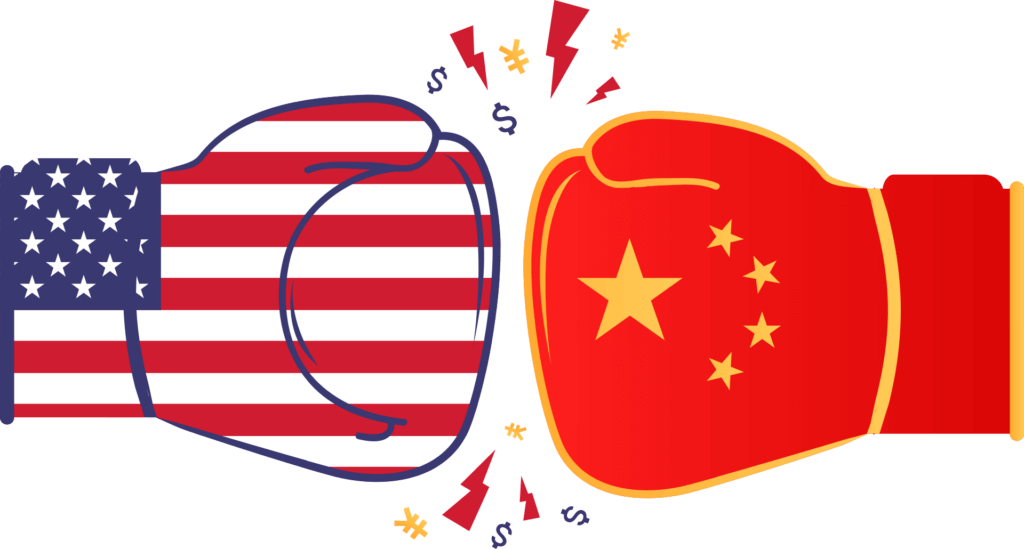
The United States of America and China are constantly at loggerheads – at least that is the tenor. But now they are settling a decade-old dispute in an unusual place.
The U.S. has achieved a remarkable success. After blocking them for more than a decade, China will in future allow US inspectors to examine the financial statements of Chinese corporations.
The competent authorities announced that the governments had agreed on a mode for these inspections.
Back door pressure
The Chinese relenting has likely been achieved because U.S. stock market regulations now require inspections of the preparation of financial statements when foreign companies are listed on exchanges in the United States. For the Chinese, with a deadline soon to expire, some 200 large corporations – such as Alibaba and Baidu – would have been affected.
The relevant U.S. agency, the PCAOB, cheered the agreement. At last, the United States could regularly satisfy itself that the annual accounts in China were also being prepared correctly. However, the agreement was only a first step, it added.
Sticking point eased
The Chinese, on the other hand, reacted more cautiously. China and the U.S. would keep all communication channels open in order to ensure agreements on compliance with laws and regulations in both countries, the responsible office in China, the China Securities Regulatory Commission (CSRC), told the Wall Street Journal.
As a first sticking point, the delegations were able to determine the location for the inspections. For example, the inspections will now be conducted in Hong Kong to avoid the constant coronavirus lockdowns in Mainland China and other hurdles.
For the U.S. inspection personnel, all documents would be available in Hong Kong, where communication with the Americans would take place as to the procedures. Chinese authorities would also not be allowed to influence the interviews and sightings in any way, the statement added.
Switzerland more cooperative
Switzerland is also familiar with these PCAOB inspections. For example, U.S. inspectors regularly visit the country and take a close look at the preparation of annual financial statements. However, Switzerland did not resist for as long as the Chinese in allowing U.S. inspections to take place domestically.
As a compromise in response to pressure from the U.S., Switzerland created the Swiss Federal Audit Oversight Authority (RAB), which coordinates the Americans’ audit process domestically and filters the information that reaches the U.S. for necessity.
09/01/2022/kut./ena.





